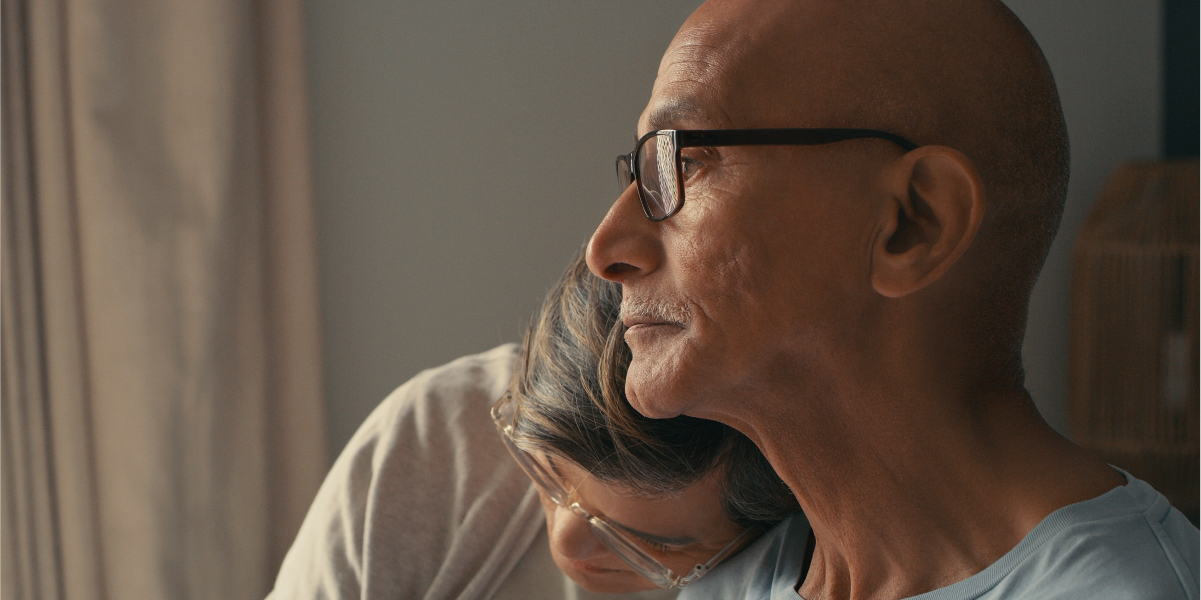We have all likely heard the term “negligence”, a term used many times by our personal injury attorneys and one that car accident victims will hear early on in their case. Despite how often the term negligence is used, many people lack a full understanding of the concept of negligence.
The Georgia personal injury attorneys at Montlick Injury Attorneys understand the complexities of negligence and how difficult it can be to define and understand. We offer the following brief look at what negligence means. For assistance with uncovering whether the party responsible for your injuries acted negligently, contact our office for a consultation. Our attorneys will examine the facts and circumstances of what happened and take the necessary steps to protect your rights.
Negligence Under Georgia Law
In Georgia, “ordinary negligence” is defined in O.C.G.A. 51-1-2. The statute starts by defining ordinary diligence, as this is used in turn to describe ordinary negligence. Ordinary diligence is defined as the degree of care exercised by an ordinarily prudent person in similar circumstances. Negligence is thus defined as the absence of such care.
The Components of Negligence
To make this legal definition clearer, it can be helpful to look at the factors a car accident or other type of victim must establish in order to successfully prove negligence. Generally, an accident victim must prove the following factors:
- Duty—the accident victim must establish that the defendant had a duty of care to them. For instance, in the case of a car accident, all drivers have a legal duty to drive in a manner so as not to injure other drivers or road users. In the case of a slip and fall, all store owners have a duty to maintain their property in a reasonable manner as to make their premises safe.
- Breach—the accident victim must prove that the defendant breached his or her duty of care. This is the hardest element to prove. In the case of a slip and fall, this could involve proving that the defendant knew of a hazard and failed to correct it. Alternatively, in the case of a car accident, it could involve proving that the defendant failed to stop at a stop sign or ran a red light.
- Causation—once the breach has been established, the plaintiff must establish that the breach caused the plaintiff’s damages. For instance, a person suffering from a broken arm as a result of an accident must prove that it came from the accident itself.
- Damages—damages can also be complex to prove. The plaintiff will need to provide evidence of all damages stemming from the accident, which can include medical expenses, lost wages, pain and suffering, and more.
Negligence is a difficult concept to fully define and an even more difficult one to prove. Your personal injury attorney will prove vital in assisting you in understanding and establishing negligence on the part of the party responsible for your injuries.
Contact Montlick Injury Attorneys and Put Our Over 39 Years of Experience to Work For Your Case!
Negligence can lead to serious injuries and those who behave in a negligent manner should be held accountable for the injuries they inflict. The Georgia Personal Injury Attorneys at Montlick Injury Attorneys assist accident victims in Georgia and in the Southeast. Our firm has over 39 years of experience that we will bring to your case.
Our personal injury attorneys provide a wealth of knowledge to enhance your ability to obtain a full recovery. The sooner you act after your accident, the greater your chances of reaching the best possible outcome. As such, it is important that you seek the assistance of a licensed lawyer as soon as possible. Call Montlick Injury Attorneys 24 hours a day/7 days a week for your Free Consultation at 1-800-LAW-NEED® (1-800-529-6333). You can also visit us online at www.montlick.com and use our Free Case Evaluation Form or 24-hour Live Online Chat.
Source:
http://law.justia.com/codes/georgia/2010/title-51/chapter-1/51-1-2/


